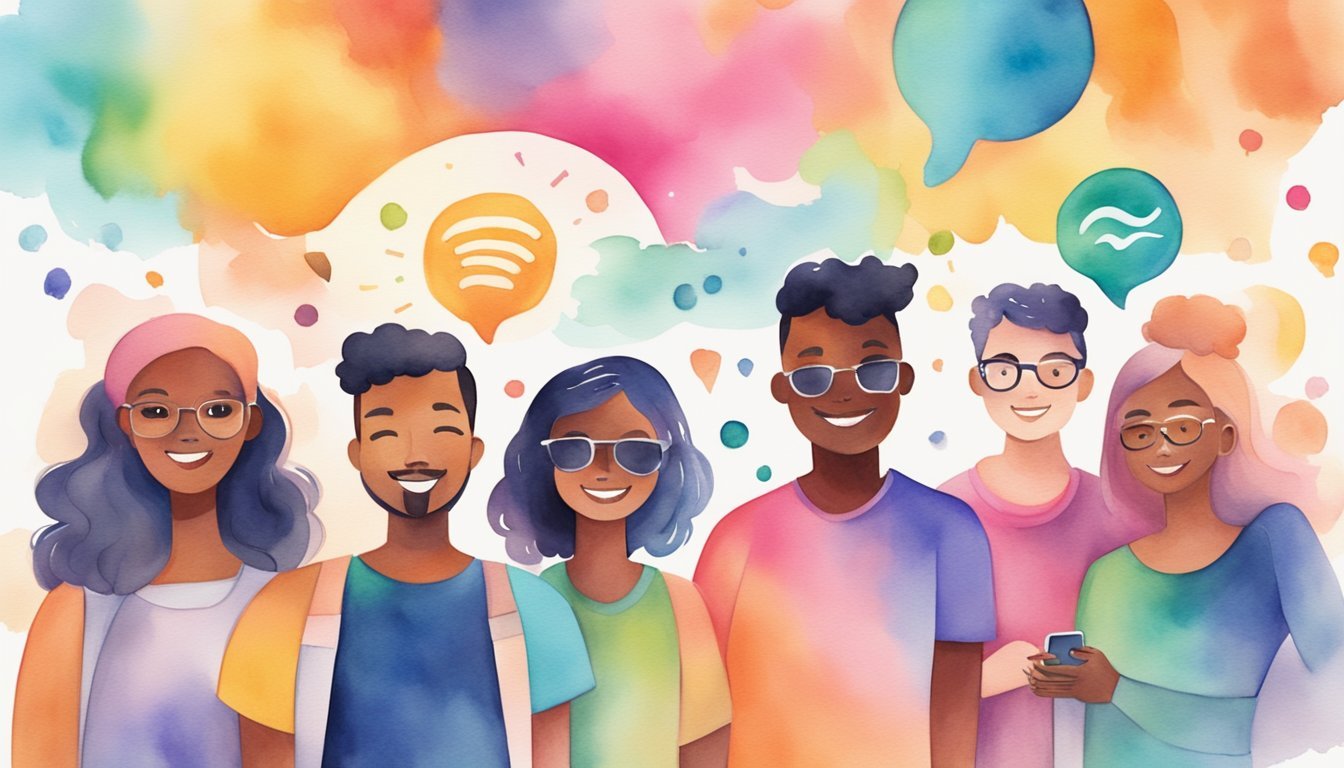Understanding Body Image and Social Media Influence
The Power of Social Media on Body Image
Social media platforms, such as Instagram, Facebook, TikTok, and Snapchat, often have an incredible impact on how people perceive their body image. The vast availability of filters and photo editing tools has made it easier to post images that might not be an accurate representation of someone’s true appearance. This has led to increased instances of appearance comparison, with many users comparing themselves to unrealistic or altered images.
Social Media Platforms and The Rise of Appearance Comparison
The rise of appearance comparison can lead to negative body image, body dissatisfaction, and even more severe mental health issues such as body dysmorphia, eating disorders, and low self-esteem. Research has shown that the frequent use of social media platforms like Instagram and Facebook primarily affects teenagers and young adults, increasing their vulnerability to body image disorders.
Addressing Body Image Concerns Among Different Genders
While much of the research on body image and social media has focused on young women, studies are now examining the impact on men and other gender identities. Just like women, men also face pressure to conform to societal standards of appearance, although the specifics of those standards may differ. Research highlights the need to address body image concerns across all genders.
The Psychological Impact of Social Media on Body Satisfaction
The psychological impact of social media on body satisfaction cannot be understated. Constant exposure to edited images and curated feeds can lead to feelings of inadequacy and insecurity. However, social media can also be a powerful force for body positivity and acceptance, with platforms hosting communities that support and uplift people struggling with body image disorders. These communities can provide empathy, understanding, and a sense of belonging for those who need it.
When using social media, it’s crucial to be aware of how the content we consume can impact our mental health and well-being. By fostering self-awareness and striving for balance in the types of content encountered, users can mitigate the risks associated with negative body image and maintain a more positive view of themselves.
Promoting Positive Body Image and Mental Well-being

Strategies for Fostering Body Positivity in Digital Spaces
One way of fostering body positivity on social media is by following and engaging with body-positive influencers who celebrate diverse body types and promote self-acceptance. These individuals create a more inclusive online environment and encourage users to appreciate their own bodies and others’.
Another important strategy is to be mindful of the content you consume and interact with. Notice how you feel during and after using social media, and make adjustments if it negatively affects your self-esteem or mood. Unfollow accounts that promote unhealthy body standards and focus on accounts that celebrate all body types.
The Role of Community and Support in Body Image Acceptance
Social media platforms can be powerful tools for community building and peer support. From online support groups to prevalence of personal stories, individuals can connect with others who have similar experiences, fostering a sense of belonging and understanding. Encourage open and honest dialogues about body image and mental health, and prioritize empathy and emotional well-being.
Intervention and Guidance for Healthier Social Media Use
Research shows that reducing social media use can lead to significant improvements in body image in young people. As such, it’s essential to establish healthy boundaries when it comes to screen time, especially on platforms that could exacerbate body image dissatisfaction. For example, consider limiting your social media use, turning off notifications, or designating specific times to engage in these digital spaces.
In addition, focusing on physical activity and healthy eating for their benefits in terms of social connection and overall psychological well-being, rather than as a route to building muscle or losing weight, may contribute to a healthier relationship with one’s body.
Ultimately, promoting a positive body image and mental well-being requires a combination of self-examination, education, community support, and intervention from individuals, platforms, and society as a whole. By understanding the impact of social media on our perceptions of ourselves and making conscious choices about our digital consumption, we can contribute to a healthier, more inclusive online environment.

